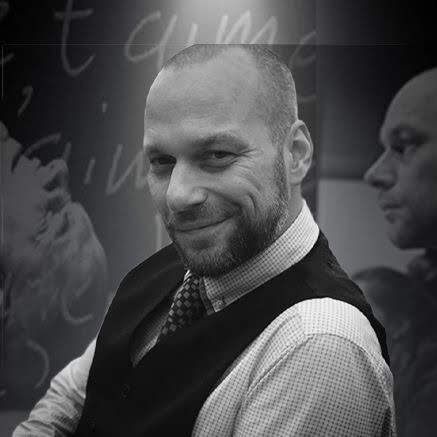About
This is the website of Philip John Grant, writer and expert on yoga psychology and personal development. He is a freelance researcher and a Policy Advisor to the Department for Education in the UK government. Read on to find out about his work.
Yoga, Sanskrit Psychology, and personal evolution.
Philip J. Grant is a writer, educator, and psychological explorer who delves into the complexities of human identity, meaning, and transformation. His work bridges the realms of psychology, performance, policy, and ancient wisdom traditions, offering a holistic perspective on personal and societal evolution.
With a career spanning over two decades, Philip has led initiatives in education, justice, and workforce development within the UK, focusing on human development in high-pressure environments. His experience includes frontline teaching, curriculum leadership, and strategic policy roles, providing him with a deep understanding of the systemic factors influencing personal growth.
Parallel to his institutional work, Philip has immersed himself in contemplative practices, studying and teaching traditions such as Buddhist psychology, Sanskrit thought, and embodied disciplines rooted in yoga and theatre. This fusion of ancient and modern insights informs his unique approach to understanding the self.
Philip's concept of "Sanskrit Psychology" integrates Western psychological principles with Eastern philosophies, emphasizing seven core dimensions: Consciousness, Corporeality, Creativity, Communication, Connection, Caper, and Challenge. This framework serves as a practical guide for individuals seeking meaningful transformation in a complex world.
His debut book, Meaning and Mayhem: Getting to Know Yourself in a Chaotic World, invites readers to explore the tensions between order and chaos, rationality and intuition, tradition and innovation. Through a blend of science, story, and philosophical inquiry, Philip encourages a deeper engagement with the questions that define our human experience.
The ‘Sanskrit Psychology’ Approach
The work integrates a number of traditions and sciences but centres around the SEVEN C’s, developed by the author:
-
Increasing skill in the spontaneous control of the mind
-
Changing the shape and/or composition of the body
-
Developing the faculties to make new things, ideas, composites. Find relationships between things and meaning in experiences
-
Growing the ability to transmit an idea or thought. Understanding the meaning of the words, prosody, posture, facial expression and gesture of others
-
Create opportunities to explore and grow connections between self and other including people, living things and the environment in which one finds oneself
-
The autotelic action of play, gaming, or capering
-
Practising the stressing of the body and mind to a degree that grows capacity but does not overwhelm




